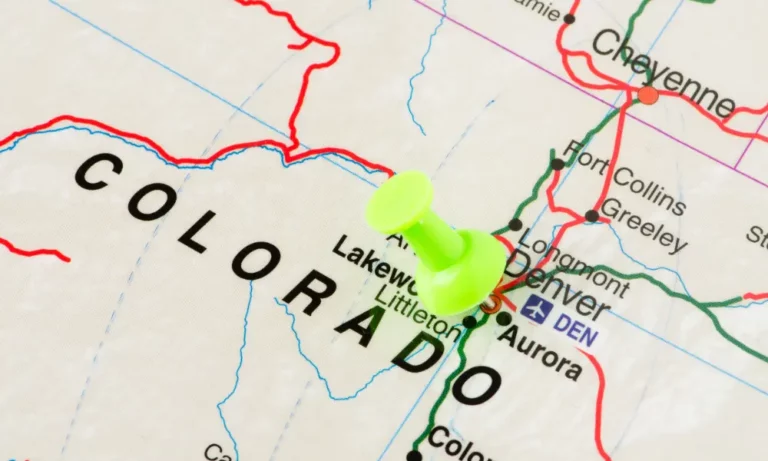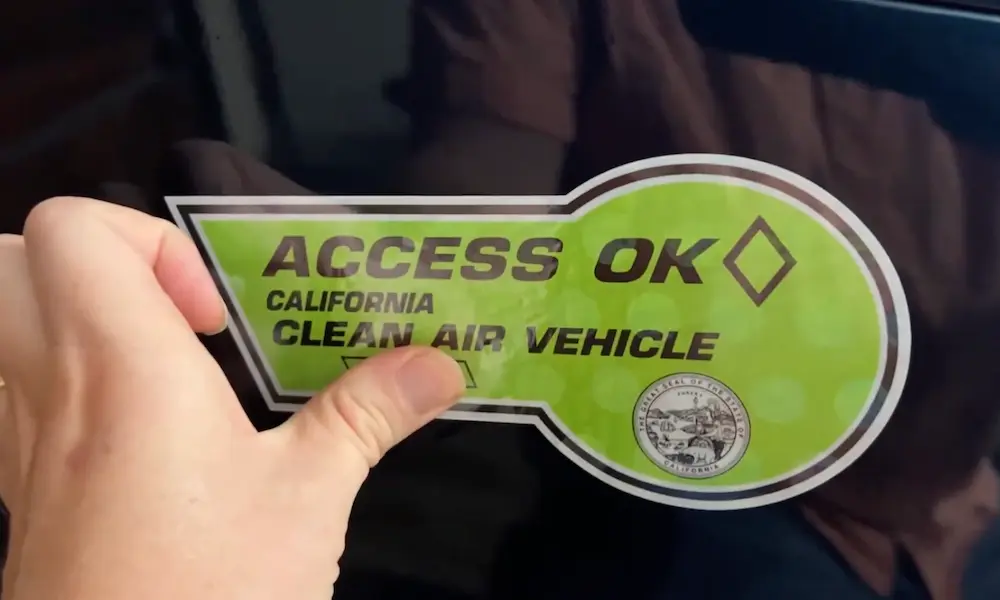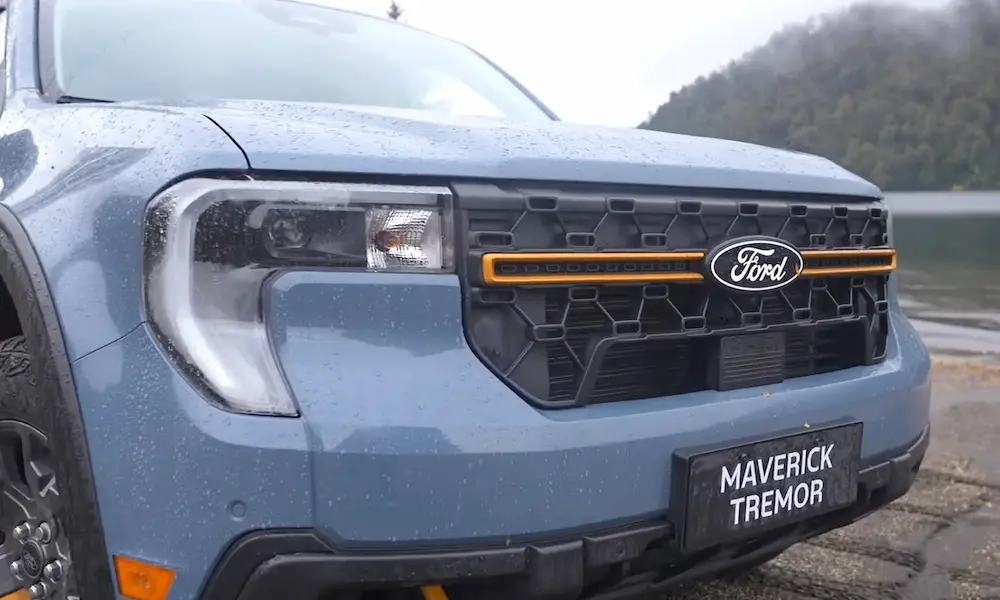Living in Colorado means you need to be familiar with the state’s emission testing rules. Knowing whether your vehicle needs an emissions test and how often is crucial for avoiding fines and hassle. If you live in Denver or the North Front Range, your car likely falls under these regulations. Find out the details here to keep your vehicle compliant and the air cleaner!
Understanding Colorado Emissions Requirements
In Colorado, emissions testing ensures that cars run cleanly and meet state air quality standards. Your vehicle may need regular tests, especially if you live in certain areas or own an older model.
Legislative Background
Colorado’s emissions regulations stem from laws aimed at reducing air pollution. One key law is the Deter Tampering Motor Vehicle Emissions Control System Act (SB 22-179). Starting August 10, 2022, auto dealers must ensure that newly purchased gas-powered vehicles comply with emissions standards within five days.
These laws are designed to maintain better air quality and reduce the environmental impact of vehicles on the road. Ensuring your car meets these standards helps you stay compliant and contribute to a cleaner, healthier environment.
Vehicles Subject to Emissions Testing
Not all vehicles in Colorado require emissions testing. Generally, gasoline-powered cars and trucks older than seven years are the primary focus. Diesel vehicles also need testing but usually follow different guidelines. If you own a 1982 or older model without collector plates, annual testing at an Air Care Colorado station is necessary.
When selling a car, you must obtain an emissions test before the sale. This responsibility falls on the seller, ensuring that the new owner receives a compliant vehicle.
Areas and Counties Covered
Emissions testing is especially important in specific Colorado counties, including Denver, Boulder, Broomfield, and Douglas. You will also need to get your vehicle tested if you live in Jefferson, Adams, Arapahoe, Larimer, Weld, or El Paso County.
These areas often face higher pollution levels, making emissions testing crucial for maintaining air quality. If you recently moved to one of these counties, you’ll need to have your vehicle tested soon after relocating to ensure compliance with local regulations.
By following these requirements, you play a part in keeping Colorado’s air clean for everyone.
Emissions Inspection Process
Emissions inspections in Colorado are essential for maintaining air quality. Different vehicles have specific requirements, and the process involves several steps.
General Inspection Workflow
When you bring your vehicle to an inspection station, the first step is typically to check your vehicle identification number (VIN). This helps ensure the vehicle’s identity and history.
Then, the inspection technician will conduct several tests, including a gas cap test, to make sure there are no evaporative emissions leaks.
For gasoline vehicles, the process also includes checking the exhaust emissions. Diesel vehicles might need a different set of tests according to their specific regulations.
VIN Verification
Your vehicle’s identification number (VIN) is crucial during the inspection process. The technician will first verify your VIN to match it with the vehicle’s records.
This step helps prevent fraud and ensures that the correct vehicle’s results are documented. Make sure your VIN is easy to read; you might find it on your dashboard or driver’s side door.
VIN verification not only confirms your vehicle’s identity but also ensures past issues or violations are accounted for and addressed.
Test Types for Different Vehicles
Gasoline and diesel vehicles undergo different types of tests. For gasoline vehicles, the gas cap test checks for leaks, while the exhaust emissions test measures pollutants.
Newer models usually need fewer tests due to advanced technology, while older models undergo more rigorous scrutiny.
Diesel vehicles have varying requirements based on their age and type. New diesel vehicles are generally exempt from emissions testing for the first four years. After that, they need testing every two years. Diesel vehicles over ten model years old require annual tests.
Meeting these standards helps reduce pollutants and maintain cleaner air.
Testing Frequencies and Exemptions
Colorado’s emissions requirements vary based on vehicle type and specific exemptions. It’s essential to know if your vehicle needs annual testing, whether every two years is sufficient, or if your vehicle falls under any exempt categories.
Frequency Based on Vehicle Type
Emissions testing frequency is different for gasoline-powered and diesel vehicles. For example, gasoline-powered vehicles in the Metro Denver and Front Range region must be inspected based on their model year. If your vehicle is a model year 1982 or newer, it needs an emissions test every two years. If it’s older than 1982, annual testing is required.
For diesel vehicles, the requirements can also depend on the vehicle’s weight and year. Diesel vehicles newer than 1976 but not registered as collector’s items before 2009 require an annual inspection. Heavier diesel trucks have specific guidelines based on their Gross Vehicle Weight Rating (GVWR).
Exempt Vehicles
Some vehicles are exempt from emissions inspections. These include all-electric vehicles and motorcycles. If you own a street rod, kit car, or horseless carriage, your vehicle is also exempt from testing. Moreover, vehicles registered as a collector’s item before September 1, 2009, with no lapse in registration, do not need to be tested.
Additionally, kit cars and vehicles with collector plates have specific rules that might exempt them from frequent testing, making it crucial to understand your vehicle’s eligibility for these categories.
Registration and Renewal Compliance
Ensuring your vehicle meets Colorado emissions requirements is crucial for both registration and renewal. You’ll need to be aware of the steps to comply and what documentation is necessary.
Link Between Emissions Inspection and Registration
When you purchase a vehicle or undergo a registration renewal in Colorado, an emissions test might be required. This applies to many vehicles, especially those older than 1982 without collector plates.
You must take your vehicle to an authorized Air Care Colorado station or an independent, licensed test station. The inspection report must be presented during the registration process. If your vehicle passes, the results are uploaded to the state portal within approximately 48 hours, allowing you to proceed with registration or renewal.
Renewal Requirements
Renewing your vehicle registration in Colorado involves a few key steps. First, ensure you have a current emissions inspection report, especially if you’ve received a renewal postcard indicating your vehicle is due for inspection.
You’ll also need proof of insurance and other required documents. For vehicles driven at least 90 days a year into the program area for work or school, an emissions inspection is mandatory.
Visit your county clerk or DMV office for further assistance. After completing these steps, you can renew your registration online or in person, making sure to check when your next emissions test is due on your registration receipt.
Emissions Test Failure and Recourse
If your vehicle fails the emissions test in Colorado, there are specific steps you can take to address the issue. This section covers what causes test failures and how you can obtain waivers or extensions to remediate your vehicle.
Understanding Test Failures
Your vehicle can fail the emissions test for various reasons. Common issues include faulty oxygen sensors, worn-out catalytic converters, or a malfunctioning fuel injection system. These problems can increase harmful emissions, making your vehicle non-compliant with state standards.
At an Air Care Colorado station, your vehicle undergoes a detailed check. If it fails, you’ll get a report highlighting the problems. It’s crucial to read this report carefully to understand what needs fixing. Visits to authorized repair shops can help you resolve these issues within the set limit of repairs cost.
Repair Waivers and Extensions
If you have spent $715 or more on repairs but your vehicle still doesn’t pass the emissions test, you might qualify for a repair waiver. This waiver is available through the Colorado DMV emissions office.
To apply, you need to keep all receipts for the repairs done. Contact the DMV at 303-205-5603 to start your application. This waiver isn’t a loophole but a form of relief for those who have made significant efforts to comply with the law. Make sure to act promptly to avoid penalties or fees.
Extensions are also an option if your vehicle requires extensive repairs that can’t be completed within the scheduled time. Discuss with the emissions office to learn more about eligibility and procedures.















